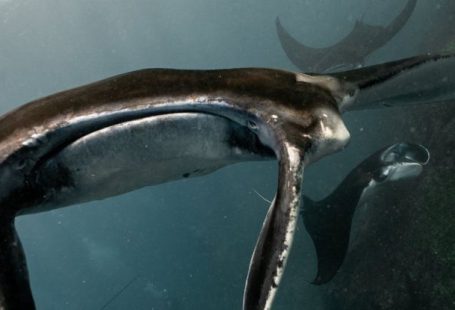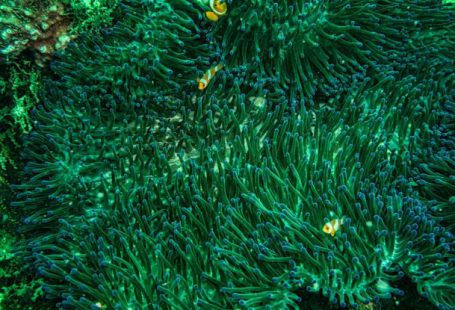Scuba diving offers an unparalleled opportunity to explore the mesmerizing underwater world, but with great adventure comes great responsibility. Marine conservation is a crucial aspect of scuba diving, ensuring that the ecosystems we love to explore are protected and preserved for future generations. Engaging in marine conservation projects allows scuba divers to give back to the oceans that provide them with so much joy and wonder. Here are some impactful marine conservation projects that scuba divers can get involved in:
**Coral Restoration Initiatives**
Coral reefs are among the most biodiverse ecosystems on the planet, providing a habitat for countless marine species. Unfortunately, coral reefs are under threat from various factors, including climate change, pollution, and overfishing. Coral restoration projects aim to rehabilitate damaged reefs by growing and transplanting coral fragments. Scuba divers can participate in coral restoration efforts by assisting with coral planting, monitoring reef health, and collecting data on coral growth.
**Marine Debris Clean-Up**
Marine debris, particularly plastic pollution, poses a significant threat to marine life and ecosystems. Scuba divers can take part in underwater clean-up initiatives to remove litter and debris from the ocean floor. These clean-up efforts not only help protect marine life but also raise awareness about the impact of plastic pollution on the marine environment. By participating in marine debris clean-up projects, scuba divers play a vital role in preserving the health of our oceans.
**Shark Conservation Programs**
Sharks are apex predators that play a crucial role in maintaining the balance of marine ecosystems. However, shark populations are declining worldwide due to overfishing and habitat destruction. Scuba divers can support shark conservation efforts by volunteering with organizations that work to protect these magnificent creatures. Shark conservation programs may involve conducting research on shark populations, advocating for shark conservation policies, and promoting responsible shark tourism practices.
**Seagrass Restoration Projects**
Seagrass meadows are essential habitats that support a diverse array of marine life, including fish, turtles, and seahorses. However, seagrass ecosystems are threatened by coastal development, pollution, and climate change. Scuba divers can contribute to seagrass restoration projects by replanting seagrass beds, monitoring seagrass health, and participating in seagrass conservation research. Restoring and protecting seagrass habitats is crucial for maintaining the health and biodiversity of coastal ecosystems.
**Marine Protected Areas Monitoring**
Marine protected areas (MPAs) are designated areas of the ocean where human activities are restricted to conserve marine biodiversity. Scuba divers can assist in monitoring and enforcing regulations within MPAs to ensure that these areas remain effectively protected. By participating in MPA monitoring programs, divers can help safeguard vulnerable marine species and habitats from threats such as poaching and illegal fishing. Monitoring MPAs also provides valuable data for conservation research and management.
**Community Outreach and Education**
In addition to participating in hands-on conservation projects, scuba divers can also make a difference by engaging in community outreach and education initiatives. By sharing their passion for the ocean and raising awareness about marine conservation issues, divers can inspire others to take action to protect our seas. Organizing beach clean-ups, giving presentations at schools, and promoting sustainable diving practices are just a few ways divers can help educate the public about the importance of marine conservation.
**In Conclusion: Empowering Divers to Make a Difference**
Marine conservation projects offer scuba divers the opportunity to actively contribute to the protection and preservation of our oceans. By getting involved in initiatives such as coral restoration, marine debris clean-up, shark conservation, seagrass restoration, MPA monitoring, and community outreach, divers can make a positive impact on marine ecosystems and help ensure a sustainable future for our seas. Through their collective efforts, divers can be powerful advocates for marine conservation, inspiring others to join in the crucial work of protecting our precious underwater world.





